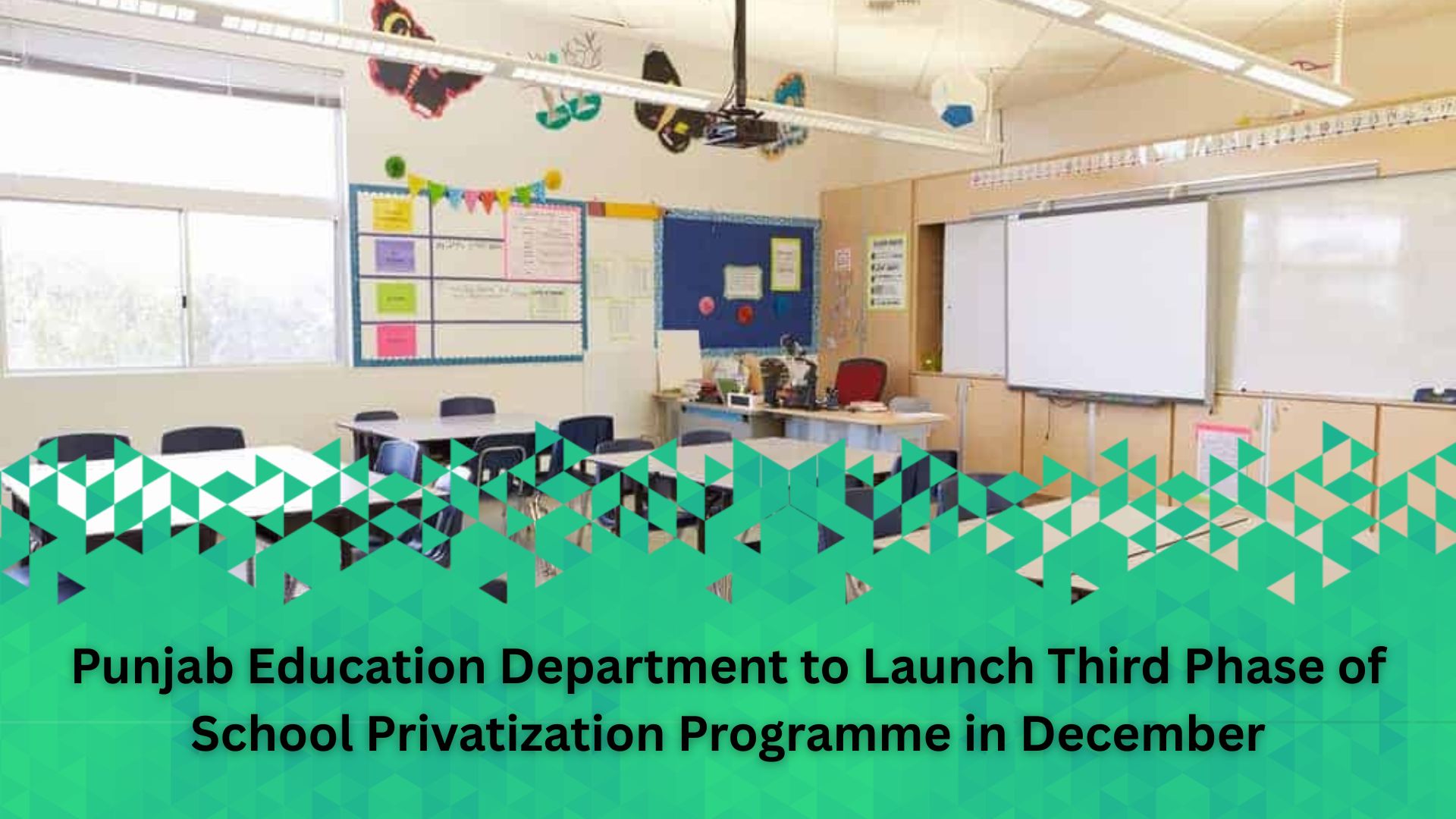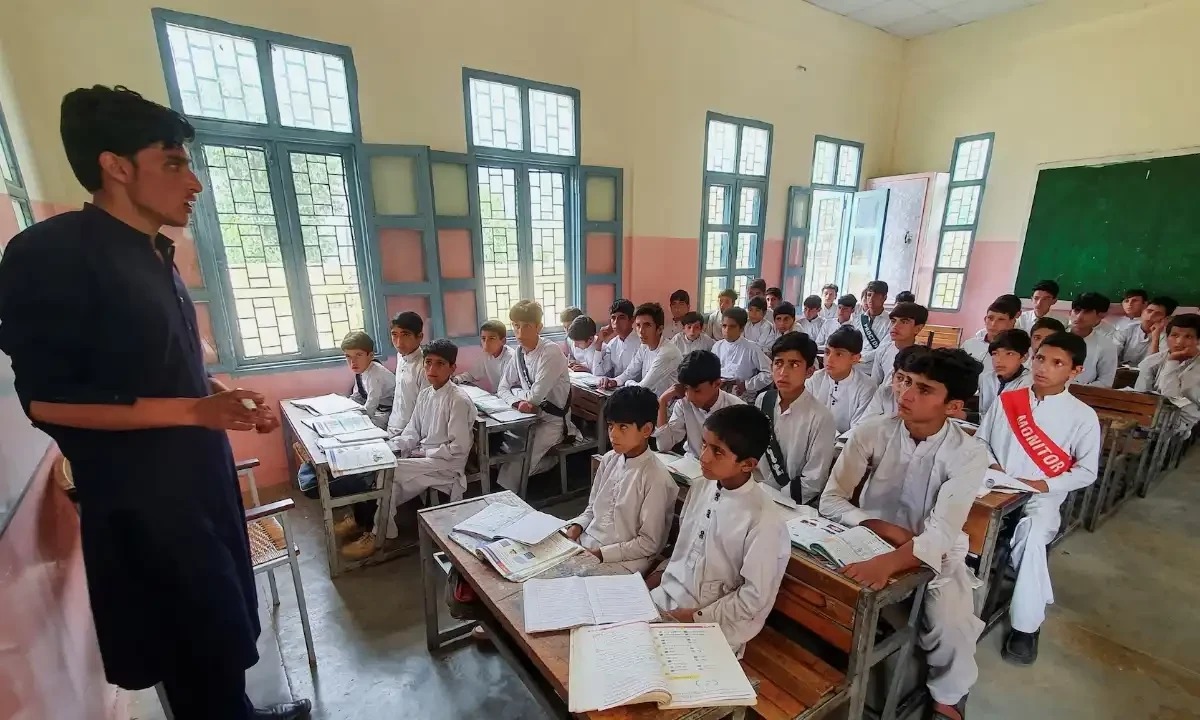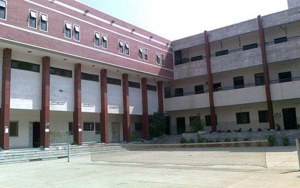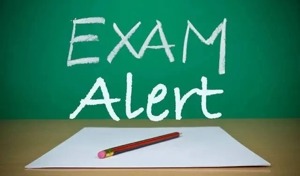
Punjab Education Department to Launch Third Phase of School Privatization Programme in December
The Punjab Education Department has officially announced the launch of the third phase of its school privatization programme starting in December . Under this phase, the government plans to transfer 4,500 more primary, middle, and high schools to private operators . This major policy step marks a significant expansion of the privatization initiative, as 12,500 government schools have already been placed under private management in previous phases. The decision has sparked intense debate across the province, with teachers’ associations strongly criticizing the move and urging the government to reconsider.
4,500 More Schools to Be Privatized Under New Policy
According to official sources, the department has introduced a new criterion under which all schools with 100 or fewer enrolled students will be handed over to private operators . Education authorities across the province have been directed to submit updated lists of such institutions immediately, ensuring the privatization process begins as scheduled in December.
Unlike earlier phases, this time the government has also included high schools in the privatization plan. This is the first instance where secondary-level institutions will be shifted to private management, raising concerns among teachers and parents regarding the impact on academic quality, fee structures, and administrative control.
Officials argue that schools with low enrollment are financially burdensome and difficult to maintain. They believe private operators may be able to improve school functioning through improved management, accountability, and performance-based systems. However, critics claim that the move focuses more on cost-cutting rather than educational development.
Teachers to Be Reassigned or Shifted to Surplus Pool
One of the most controversial aspects of the plan is the decision to reassign teachers posted in the schools selected for privatization. Teachers will either be transferred to nearby government campuses or placed into a surplus pool , where they must wait for new postings .
This policy has triggered widespread distress among teachers, who fear sudden relocations, job insecurity, and disruption to their service records. Many educators argue that they have served in remote and under-resourced areas for years and should not be displaced due to administrative restructuring.
Teachers also believe that the government should invest in improving school infrastructure, hiring required staff, and addressing classroom shortages instead of outsourcing schools to private organizations. They argue that privatization does not address the root causes of low enrollment, such as poverty, distance, and lack of facilities.
Teacher Unions Strongly Oppose Privatization Move
The announcement has been met with strong resistance from major teacher unions across Punjab. Prominent leaders including Rana Liaqat, Secretary General of the Punjab Teachers Union, Muhammad Shafiq Bhalowalia, Central Secretary of the Punjab SES Teachers Union; and Busharat Iqbal Raja, President of the Educators Association, have issued a collective condemnation.
In a joint statement, the representatives lashed out at the government for “undermining public education” and demanded that the privatization plan be withdrawn immediately . They argued that the decision will not only affect thousands of teachers but also jeopardize the learning environment for students belonging to low-income families.
Union officials warned that combining privatization with teacher rationalization would lead to severe administrative chaos in the education system. They claim that transferring teachers away from their existing posts and simultaneously handing schools over to private operators will create gaps in staffing, reduce teaching quality, and push public schools into further decline.
Concerns Over Increased Fees and Weakening Public Education
Teachers’ associations and education experts have expressed concern that outsourcing schools to private organizations will result in higher fees , making education less accessible for poor families. Many parents are already struggling with rising costs of uniforms, books, and transportation, and fear that privatization will add another financial burden.
Critics argue that the public school system in Punjab is already under pressure due to insufficient funding, lack of facilities, and political interference. Instead of improving these areas, shifting responsibility to private operators may further weaken the public education structure , which serves millions of low-income students across the province.
Some education activists also believe that privatization could lead to commercialisation of education, where profit motives overshadow students’ needs. They argue that education should remain a state responsibility and that government schools require reform, not outsourcing.
Government Stands Firm Despite Criticism
Despite the backlash, officials within the Education Department maintain that the privatization model, introduced earlier under public-private partnership frameworks, has improved performance in many schools. They claim that privately managed institutions demonstrate better student learning outcomes, improved attendance, and effective monitoring.
The department insists that privatization will help revive non-functional or low-performing schools and ensure better utilization of resources. However, teachers and unions reject this argument, calling for investment in teacher training, infrastructure development, and community engagement instead of outsourcing public institutions.

As Punjab prepares to launch the third phase of its school privatization programme in December , the debate over the future of public education has intensified. With 4,500 schools set to be transferred to private operators, concerns regarding accessibility, affordability, and employment security continue to grow. While the government views the move as a step toward improved management, teacher organizations warn that the decision may trigger long-term damage to the education system.
The coming months will reveal how the government balances administrative efficiency with public expectations and whether the mounting pressure from teacher unions leads to policy revisions.


.jpg)
 (1).jpg)












